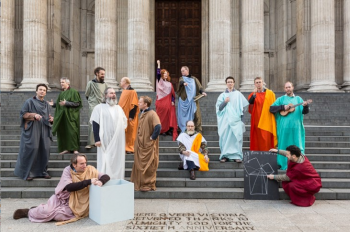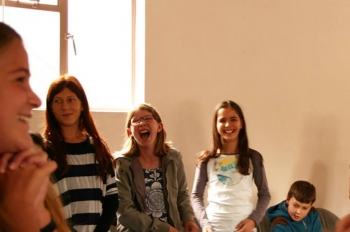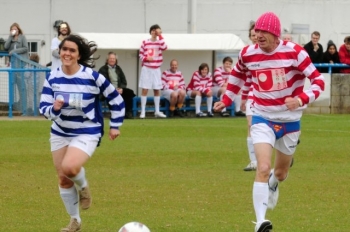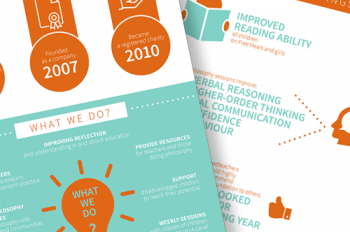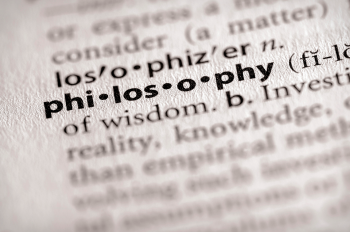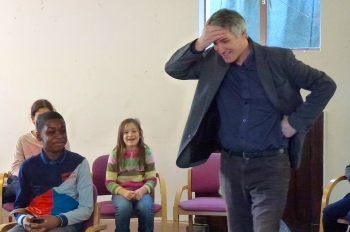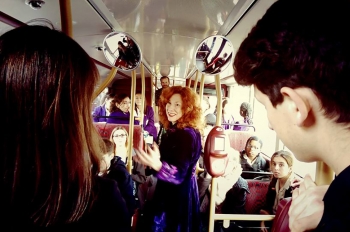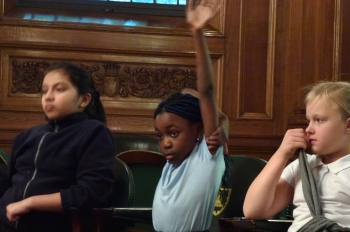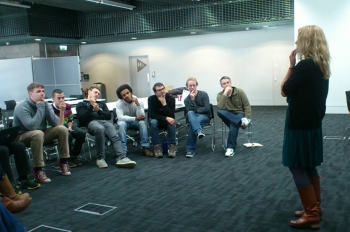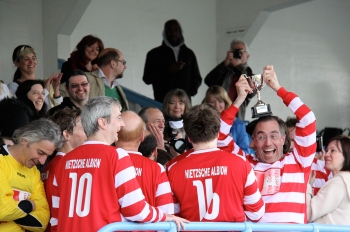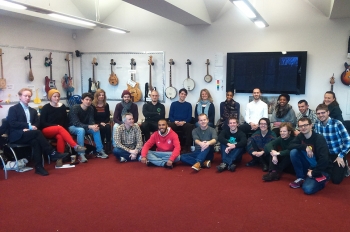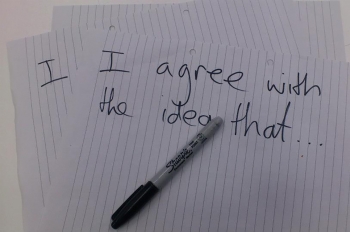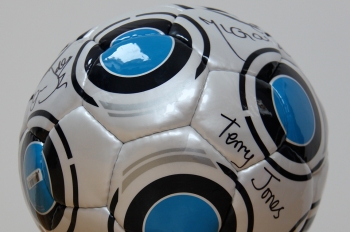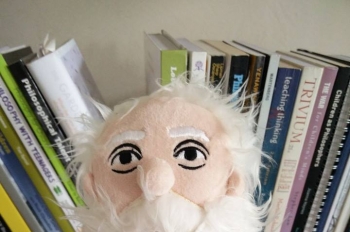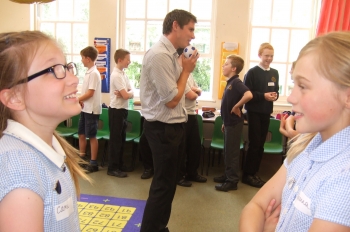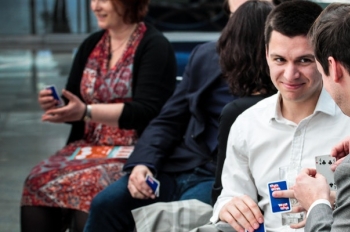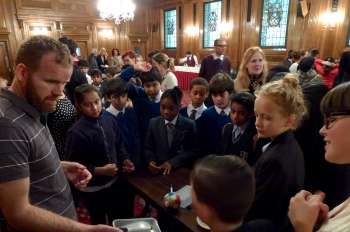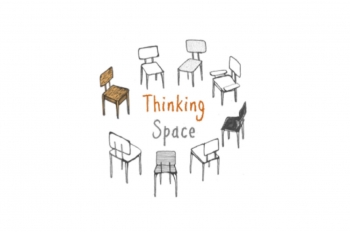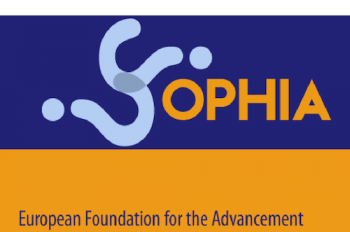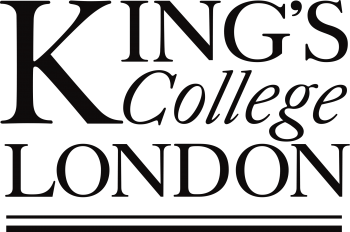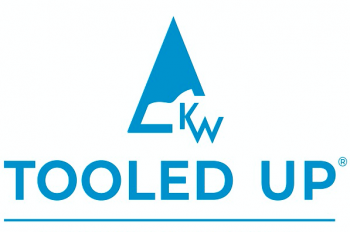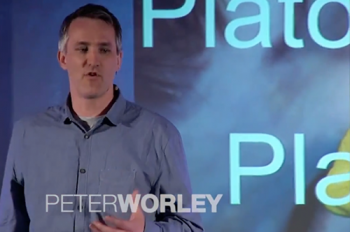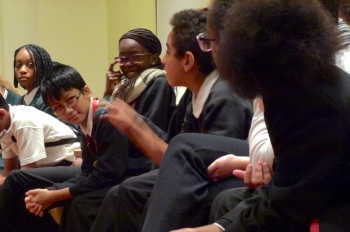Philosophy for Children
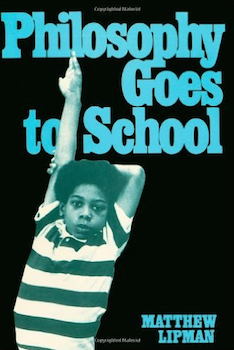
‘Philosophy for children’ (P4C) began with the work of Professor Matthew Lipman, who founded the Institute for the Advancement of Philosophy for Children at Montclair State University, USA in 1974. Inspired and informed by Dewey’s developments of Pierce’s Community of Inquiry ideas (Pierce’s was a ‘community of scientific inquiry’ while Dewey’s was a ‘community of philosophical inquiry’), Lipman believed that young children possess the tools needed to think rationally, and through his method of reading philosophically stimulating narratives, he believed that children could be encouraged to respond philosophically.
This dialogue-driven method would go on to influence other subsequent approaches to doing philosophy in the classroom. For some, ‘P4C’ refers only to the original work of Lipman and those that continue to promote and practice Lipman’s work using the curriculum that he and his colleague Ann Sharp developed for teachers.
For others ‘P4C’ refers also to those approaches and practices that have developed since, from – and independently from – Lipman/Sharp’s approach (some distinguish, for this reason, between ‘P4C’ and ‘PwC’, using ‘P4/wC’ to capture both or all practices). The Philosophy Foundation use P4C in the latter sense for the reason that this is how many teachers use it, and because we have developed independently from Lipman yet have also received inevitable influence from luminaries such as Lipman/Sharp, McCall, Van der Leeuw/Mostert, Brenifier, Haynes/Murris, Cam, Sapere and many other approaches to doing philosophy with, for and by children.
P4C, in its many guises, is now practiced in over 60 countries across the World, many of them linked via the International Council of Philosophical Inquiry with Children (ICPIC) and in Europe via the SOPHIA Network. The Philosophy Foundation is a member organisation of ICPIC and our co-founders are Board Members of SOPHIA.
TPF and P4C
Some P4C practitioners (though not all) clearly distinguish 'Philosophy for Children' and philosophy as an academic subject. TPF's interest is in doing philosophy. When we do philosophy with children it is 'P4C', but when we do philosophy with adults it is 'P4A' and so on. For TPF, methodologically there is very little difference between P4C and P4A. In this respect TPF practices 'P4X' - philosophy for anyone.
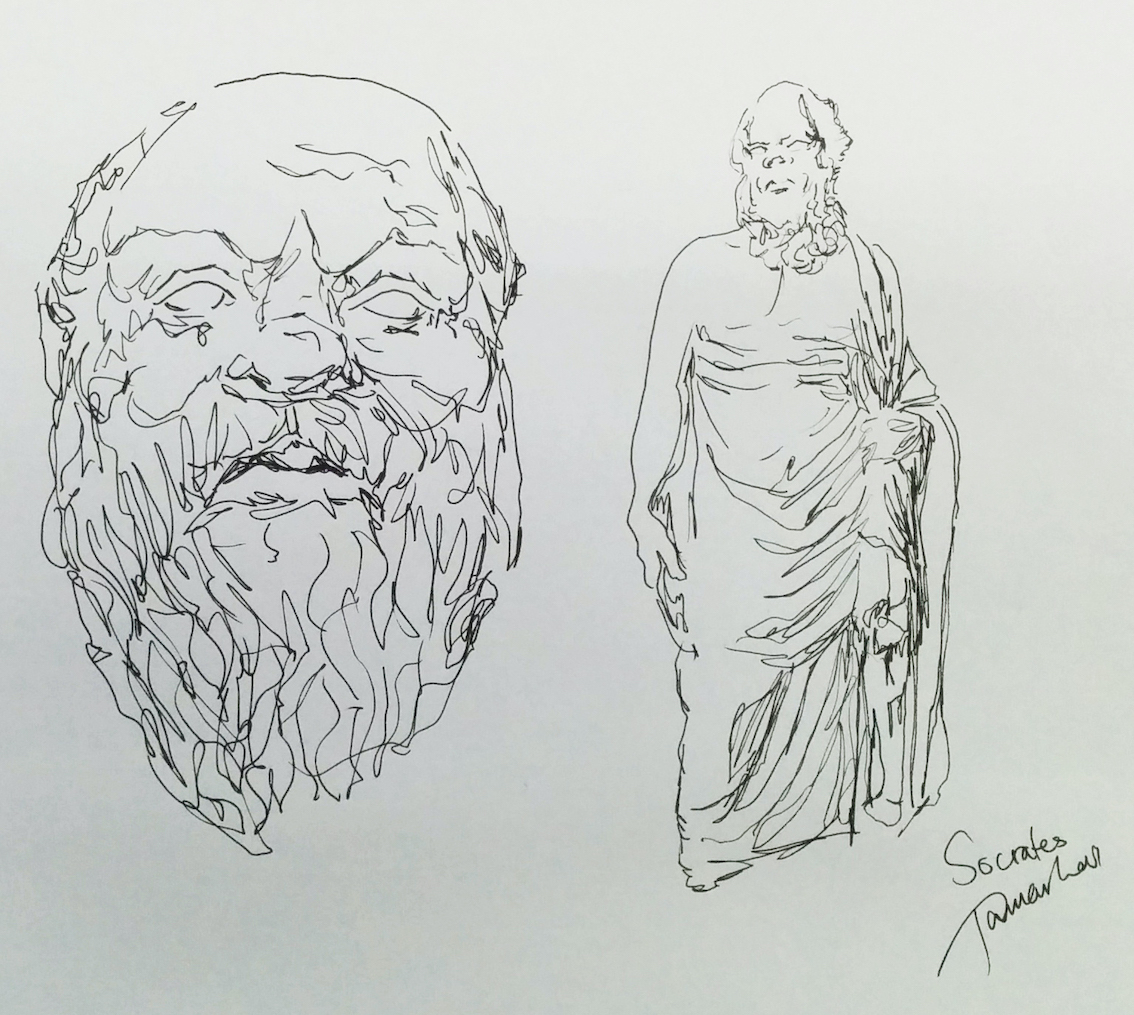
Inspired by a dialogical tradition of doing philosophy begun by Socrates in Athens 2,500 years ago, The Philosophy Foundation developed it’s own method of doing philosophy (including P4C). TPF’s starting place is to draw from the philosophical canon, then to devise a session that makes the controversies within a philosophical issue accessible to a particular age-group of children, often (though not always) linking the session to topics within the national curriculum. In short, we provide the conditions and opportunity for a class of children to be able to recognise a philosophical problem as a problem and then to be able to properly dialogue with each other so that they are able to begin to explore the issue in a way appropriate to philosophical investigation (see ‘What is philosophy?’).
We train and accredit philosophy graduates and undergraduates in facilitation and questioning skills to work in schools directly with students and their classroom teachers. This approach ensures students are given the opportunity to philosophise with a philosophically-informed facilitator, and that teachers training with us are trained and coached by a resident philosopher who also works within the school, ensuring high standards of pedagogical practice and philosophical understanding.
Peter and Emma Worley set up The Philosophy Foundation in 2007 to train philosophy graduates to be able to do philosophy with young children. The Philosophy Foundation now works with over 6,000 beneficiaries per year and provides Teacher Training in TPF's method of P4C with Partner Schools.
TPF have developed a proprietary closed-questioning, dialectical method of facilitation that promotes the elicitation of formal argumentation and the subsequent examination and evaluation of those arguments by the children, with minimal interference from the facilitator beyond structural, dialectical guidance. See Peter Worley's papers on academia for more on these ideas.


